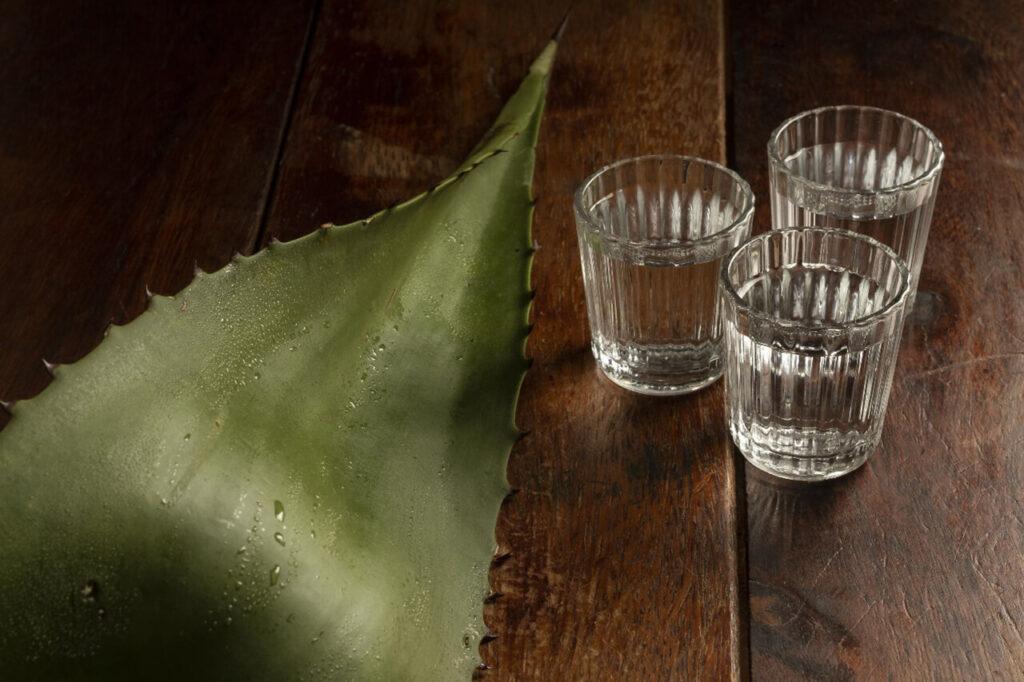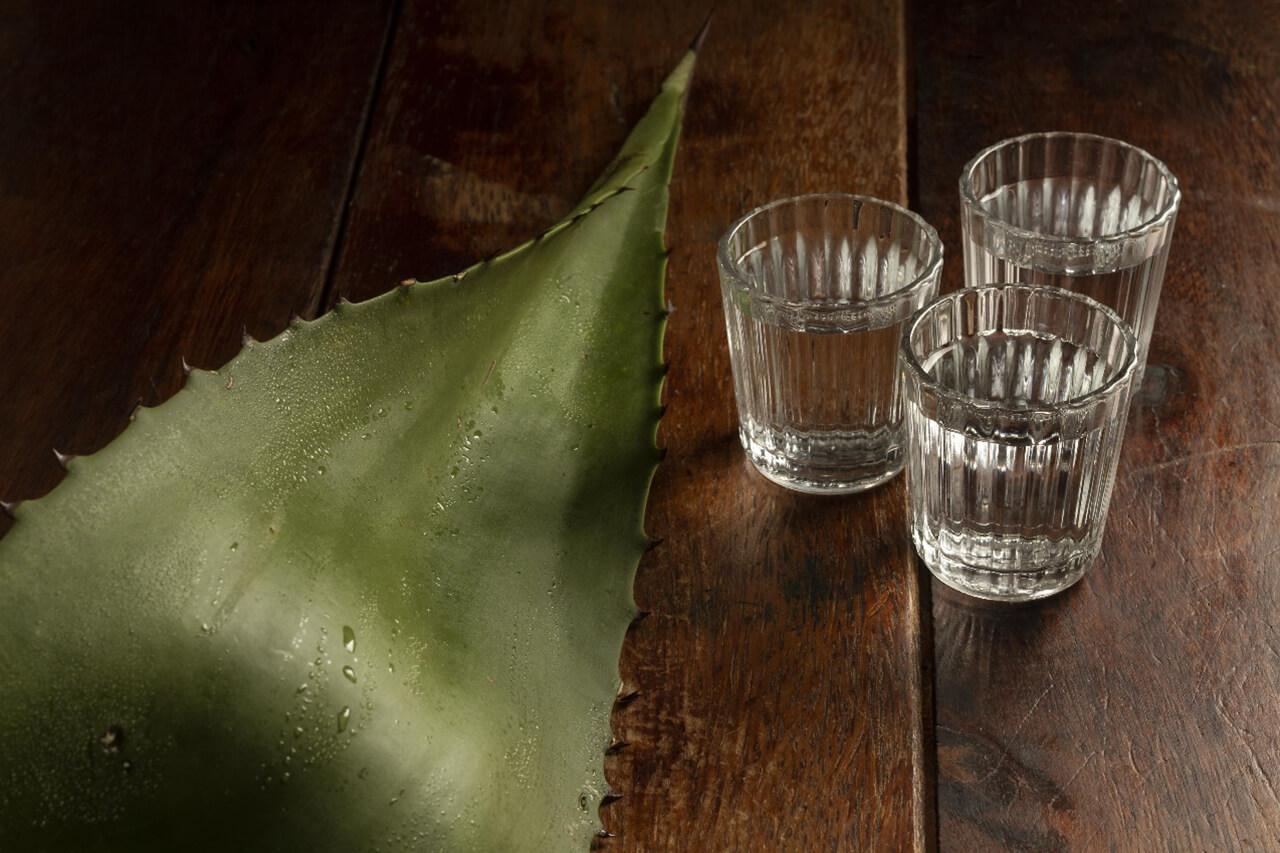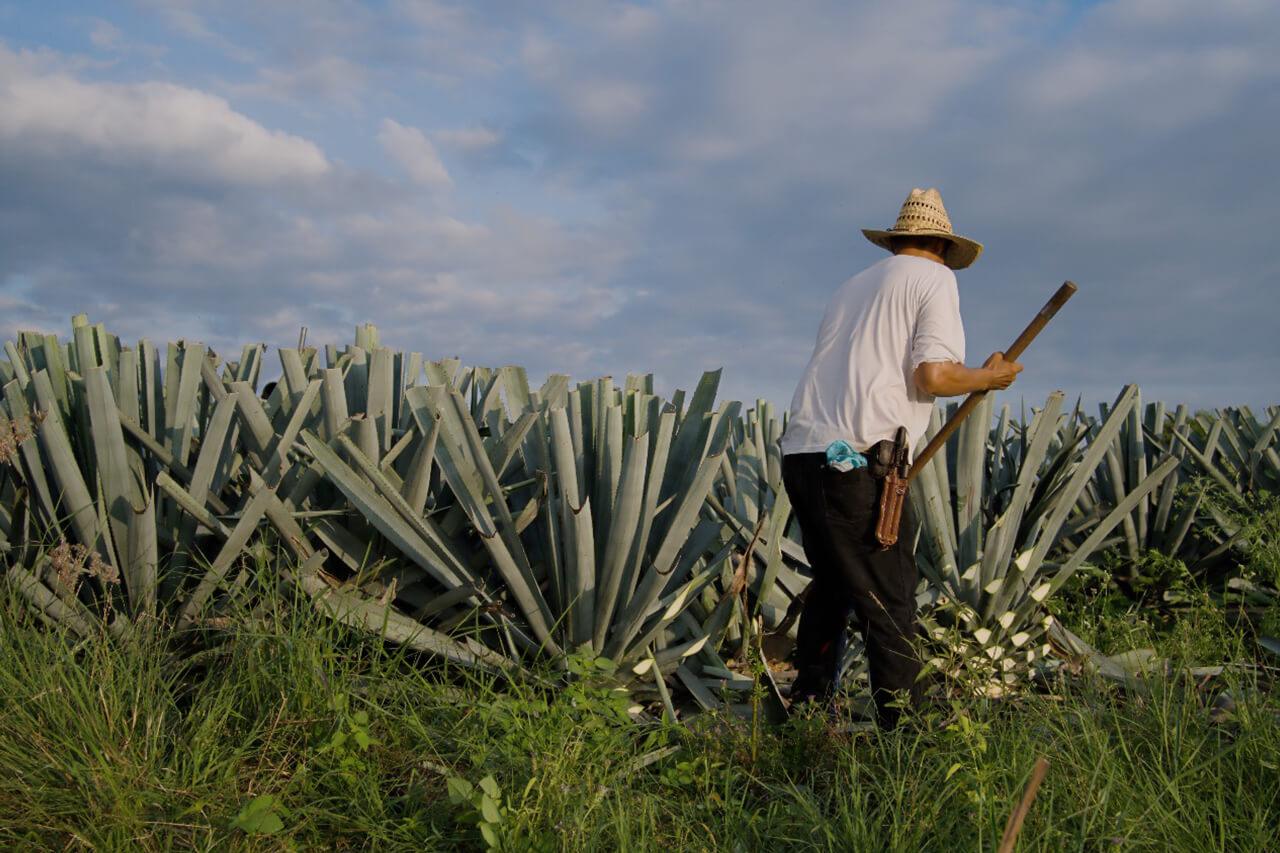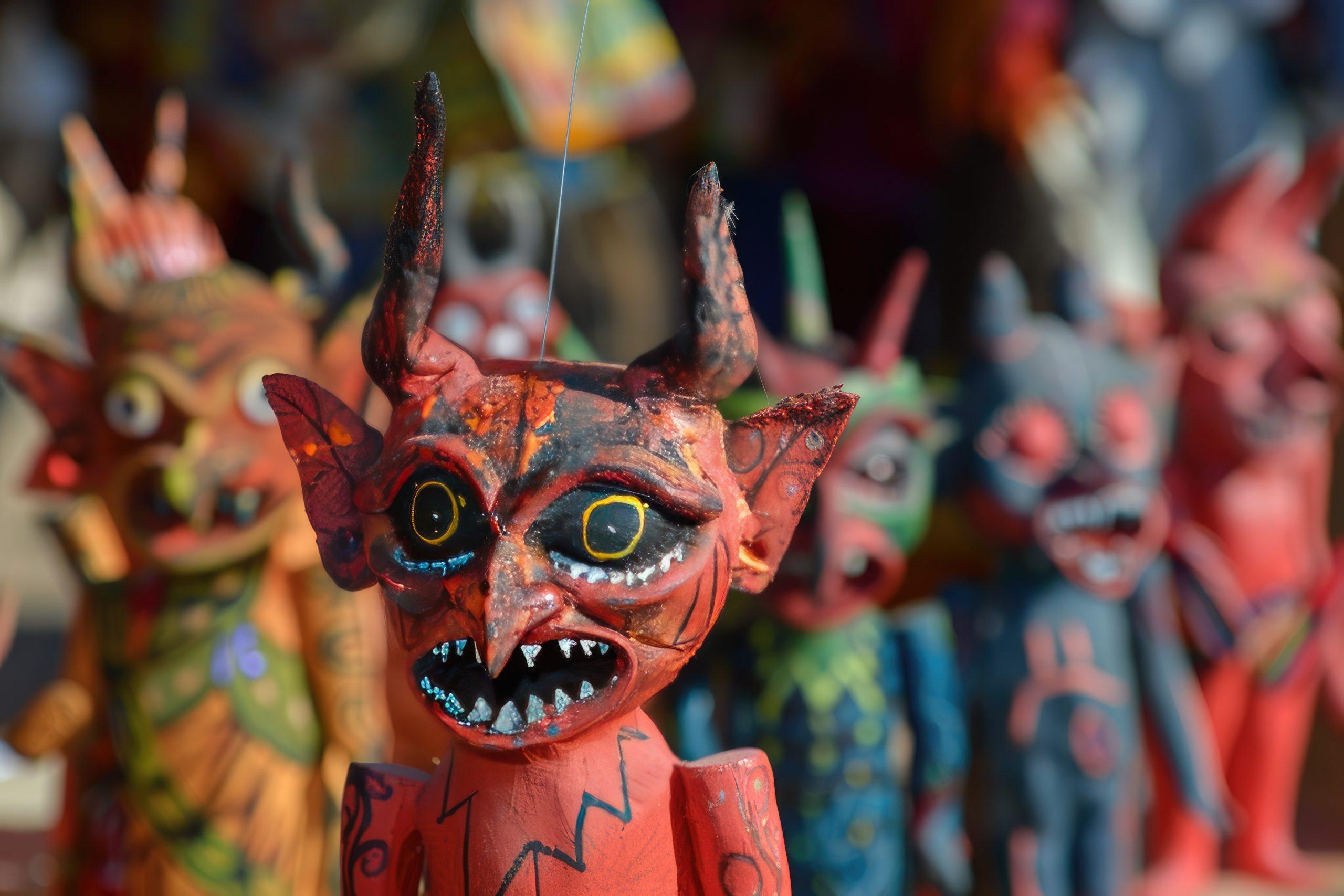Mezcal has traveled a fascinating path from its humble beginnings to becoming one of the most appreciated beverages internationally. Its history is full of transformation, yet it has always maintained its artisanal essence and its connection to the land and Mexican culture.
Mezcal in Pre-Hispanic Times
Agave has been a sacred plant for Mesoamerican civilizations since ancient times. Indigenous peoples used agave not only to make textiles and tools but also to produce fermented beverages like pulque, which was used in religious rituals.
However, distillation was not a common practice in Mesoamerica until the arrival of the Spanish in the 16th century. With the introduction of stills, indigenous communities began to experiment with fermenting and distilling agave, giving rise to what we now know as mezcal.
Mezcal in the 19th and 20th Centuries: From Marginalization to Rise
Throughout the 19th century and much of the 20th, mezcal was considered a “rustic” drink, associated with rural and marginalized communities in Mexico. Unlike tequila, which became industrialized and commercially expanded, mezcal remained a handcrafted product made by small producers across different regions of the country.
However, in the last decades of the 20th century, the outlook began to shift. With the movement to revalue traditional products and the search for authentic and artisanal beverages, mezcal started gaining recognition both within and beyond Mexico.
Mezcal in the 21st Century: A Beverage of Global Prestige
Today, mezcal is considered a high-end spirit, appreciated by cocktail experts and sommeliers around the world. Its Designation of Origin protects its production in states like Oaxaca, Guerrero, Durango, Puebla, and others, ensuring its quality and authenticity.
The mezcal renaissance has led to an explosion of brands, each offering different expressions of the spirit—from young varieties to reposados and añejos with complex flavor profiles.
However, mezcal’s true challenge today is to preserve its artisanal essence while facing growing global demand. Sustainable production and respect for mezcal-producing communities will be key to ensuring that this ancient drink continues to evolve without losing its authenticity.
Mezcal has proven to be much more than a passing trend: it is a testament to Mexico’s history, culture, and richness. And as long as there is a master mezcalero willing to share their knowledge, mezcal’s future will be as vibrant as its past.




